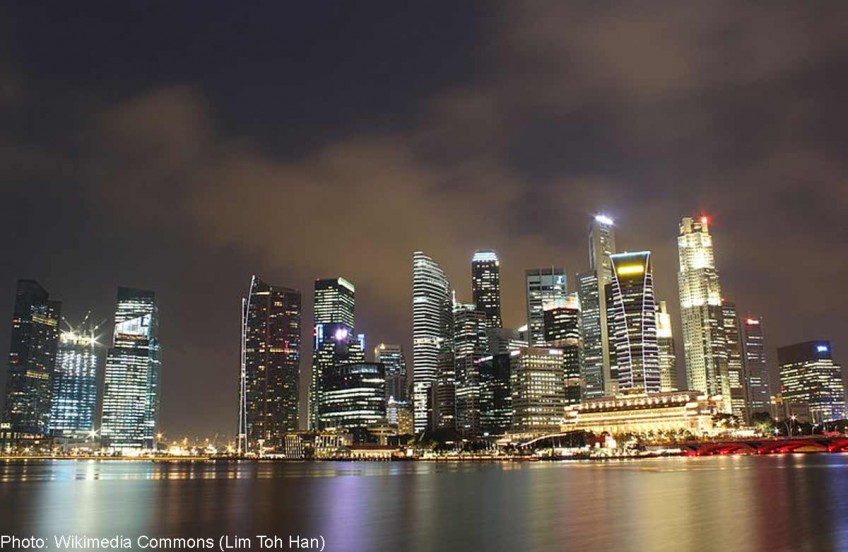Drop in visitors from China slows down

Chinese visitors are still staying away from Singapore, but the decline in arrivals has moderated.
Several reasons have contributed to the slowdown, including a new tourism law in China, aviation tragedies involving Malaysia Airlines and the kidnapping of Chinese nationals in Sabah, Malaysia.
The good news, however, is that the numbers are likely to stabilise in the next few months, said the Singapore Tourism Board (STB), with Chinese New Year among the upcoming holidays.
Arrival numbers of Chinese visitors fell by about half in May (-52 per cent) and June (-45 per cent) compared with the same months last year. The decline moderated in July (-27 per cent) and August (-28 per cent).
Several external factors contributed to the decline, such as the new law implemented in China in October last year to clamp down on cheap shopping tours.
Chinese tourists have also stayed away from Malaysia and the region after Flight MH370 vanished from civilian radar screens in March during a flight from Kuala Lumpur to Beijing. Most of those on board were Chinese.
The Chinese were also shaken by the abduction of a Chinese tourist in April and a Chinese fish farm manager in May - both in Sabah.
The STB, however, remains confident about attracting tourists from China.
"We are optimistic that the Chinese visitor arrival figure will stabilise in the months to come," said the STB regional director for Greater China, Mr Edward Chew.
The STB is also not too worried about the decline in Chinese visitorship, as spending from those who do come to Singapore has gone up. This is in tune with the STB's strategy to woo high-spending Chinese visitors who stay here longer and spend more.
An increasing number are coming solely to Singapore, without bundling their trip here with visits to Malaysia or Thailand. As a result, they spend a longer time in Singapore.
Between January and August, the average Chinese visitor stayed for 4.38 days, up from 2.85 in the same period last year.
Such Singapore-only itineraries are important as they are less likely to be affected by negative events in neighbouring countries.
With more independent, well-travelled Chinese making their way here, the STB has been working with its travel partners to develop packages focusing on in-depth experiences, such as gourmet tours.
In wooing Chinese visitors, Singapore faces competition from other countries and the challenge of a strong Singdollar.
Bestlink Travel now brings in 40 to 50 Chinese tour groups a month, down from 80 before China's tourism law took effect last year.
"It's expensive for Chinese visitors to come to Singapore as a mono-destination. They may find it more worth it to go to (South) Korea or Thailand," said a spokesman.
But industry players here are fighting back. In June, a travel alliance including Lex Travel and the two integrated resortspartnered the STB to launch a campaign in China promoting Singapore as a destination in its own right.
Lex Travel's general manager Edmund Chua said the drive has led to a modest increase in bookings at his agency, with more Chinese visitors choosing to stay at least three nights in Singapore.
"Recent events like Thailand's military coup and MH370's disappearance showed the danger of bundling our packages with other destinations," said Mr Chua. "If we don't offer alternative packages, we will be collateral damage."
mellinjm@sph.com.sg

This article was first published on Nov 17, 2014.
Get a copy of The Straits Times or go to straitstimes.com for more stories.